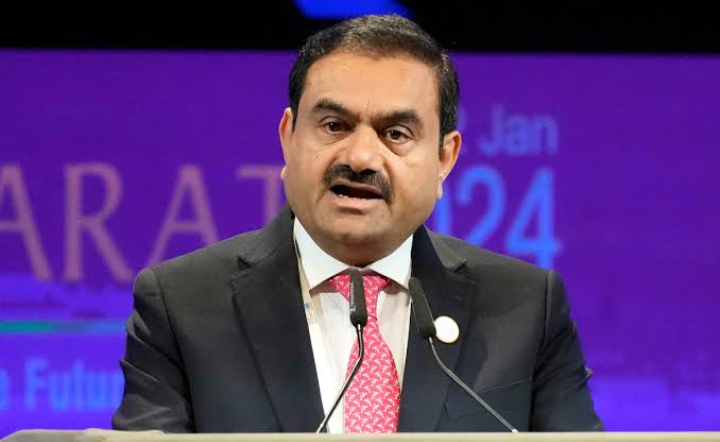Gautam Adani, the Indian billionaire behind the Adani Group, is facing a growing controversy following his recent indictment in the United States.
Charged with a complex scheme involving over $250 million in bribes to Indian government officials, Adani is accused of orchestrating these illegal payments to secure lucrative solar energy contracts that could yield over $2 billion in profits.
These bribes, which were allegedly concealed from American investors and financial institutions, were designed to mislead them into believing that the deals were legitimate, thus committing securities fraud and wire fraud.
The charges, filed in a U.S. District Court in Brooklyn, also involve conspiracy and other criminal actions against key figures within the Adani Group.
This legal battle marks the latest in a series of challenges faced by the Adani Group, one of India’s largest and most influential conglomerates.
In 2023, the group was rocked by a report from Hindenburg Research, which accused it of stock manipulation and accounting fraud, leading to a big loss in market value.
Although Adani was able to recover much of that lost value in the aftermath, the new charges in the U.S. are likely to deal another blow to his reputation and the financial stability of his companies.
The U.S. legal case highlights the alleged efforts by the Adani Group to deceive both Indian authorities and global investors, raising critical questions about the intersection of business and politics in India.
The charges suggest that corruption and unethical practices were used to secure state-backed contracts, while those involved in these transactions worked to conceal the true nature of the deals from the international financial system.
This case adds to a growing body of evidence that suggests multinational corporations, especially those with massive influence in emerging markets like India, may often use corruption to gain an advantage in securing profitable contracts, regardless of the ethical or legal implications.
For countries like Kenya, which are working to attract foreign investments in sectors such as infrastructure and energy, the Adani case raises serious concerns.
Although the Adani Group has not been directly implicated in corruption within Kenya, the broader pattern of questionable business practices surrounding the conglomerate presents a cautionary tale.
As Adani expands its interests in Kenya, particularly in critical sectors such as energy, the potential for similar corrupt practices to emerge is a valid concern.
Kenya, which is increasingly relying on foreign capital to support its infrastructure and energy projects, may face challenges similar to those seen in India.
The Adani case shows the need for tough regulations and oversight to ensure that foreign investments do not undermine local governance, exploit local resources, or lead to corrupt practices.





















Add Comment